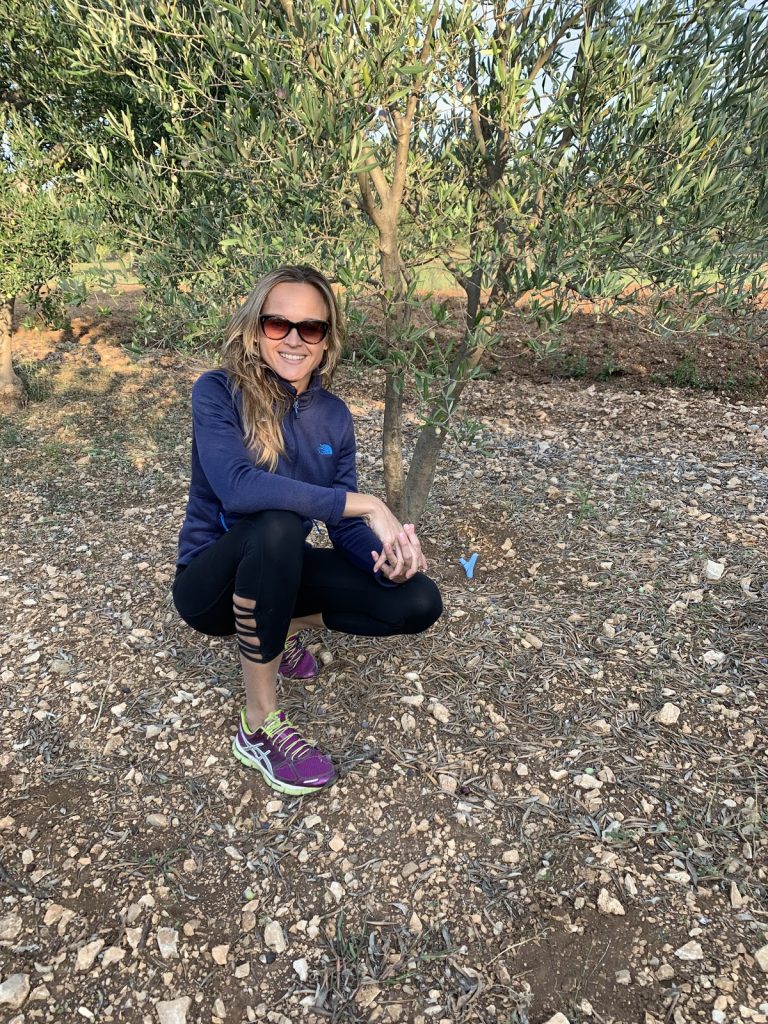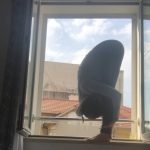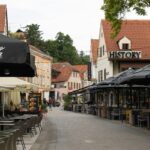April 3, 2020 – Do foreigners in Croatia feel more or less safe sitting out COVID-19 here than in their home country, and what are their experiences? A new series on TCN, with Tanja Polegubic from Australia in Vrana as our 20th contributor.
Oxford University recently published some research on government responses to coronavirus which showed that Croatia currently has the strictest measures in the world. While inconvenient, this is a good thing in terms of reducing the spread of the virus, and I am certainly not alone in my admiration of the official Croatian handling of this crisis in recent weeks, both in terms of action and communication.
But what do other expats here think? And how does it compare with the response in their home country? Would they rather sit this one out here or there? In the first of a new series on TCN, we will be featuring expats from all over the world to see what their views are on life in corona Croatia rather than back home. So far we have heard from expats in Croatia from Romania, USA, Ireland, UK, Mexico, Argentina, Spain, Singapore, Holland, Canada, India, Hong Kong and Germany. Next up, Tanja Polegubic from Australia in Vrana. As an Aussie, I wondered how much toilet paper she had stockpiled as an additional question. Her answer was superb, and had she written it by hand on some toilet paper, it would have taken up most of a whole dunny roll. You can read it here.
If you would like to contribute to this series, full details are below. Now, over to Tanja.
1. Firstly, how are you? Are you alone/with someone? Tell us a little about your situation and sanity levels.
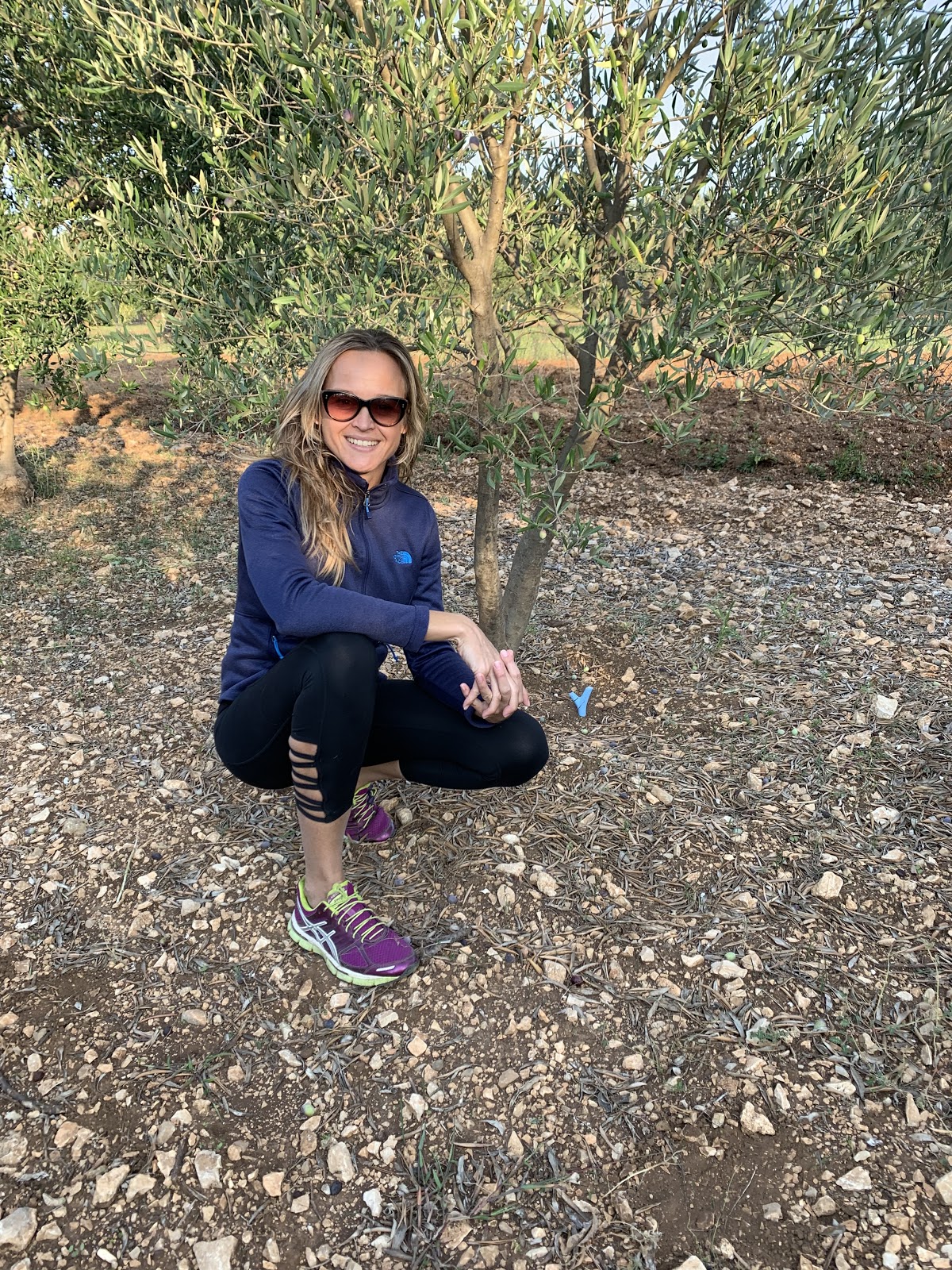
I’m keeping well. I’m on my own, in Vrana, a farming village in Dalmatia. Before this I was in Split but our cowork space is now closed. And my closest neighbours – who have kept the tobacco industry afloat for decades – ramped up their habit so I got smoked outta there.
I’m working on a new project and ongoing Australian outsourcing business, which we expect will surge as remote work just went mainstream.
My situation:
Like many people in my circle, I’m making the most of this time. Forwarding memes. Reading books on my wishlist. Writing. Connecting over voice or video calls. Working on personal projects I’ve had in the pipeline. It’s been a blend of productivity and stillness.
I video call my mum who shows me the exceptional lettuce in her back garden. She has to stay home as I’ve banned her from leaving – like many adult children I know around the world. My only routine is on Sundays, where we hold virtual cocktails between London, Spruce Pine North Carolina, Split, Vrana, Trolokve….
Home Office:
One of the things that’s different – I’m not moving around so much, so I pimped the ironing board into a standing desk. [See Photo].
There are days I’m on the screen a hell of a lot. In the morning, it’s catching up on Croatia and Europe. By the evening, it’s to see the latest in Australia – and particularly my hometown Canberra. I’ve really limited this now, and opting for more analogue activities. It’s too much.
Amid scrolling through the sad and sombre, there’s a lot of funny stuff people are sharing. I’m most grateful for this. While I’m balancing feeling a sense of global grief, looking back on when our own dad died, it’s what got us through. Even him, I like to think. He was joking the night before – and we also started to joke about things pretty soon after he passed. I discovered my sister-in-law is one of the funniest people on earth. And seeing more now. I think everyone just has to deal with heaviness in their own way. Turns out my coping DNA is in my funny bone.
Otherwise, watching clouds and sheep is about as exciting as my day gets.
2. When did you realise that corona was going to be a big issue?
On 1 March I posted a “preparations – on the eve of a pandemic” list. A bit of a joke, but also a loose game plan. The pandemic was declared about 10 days later.
Watching Italy, it was – and still feels, surreal. I studied in Milan and the North of Italy for my masters back in 2014/15. Through this, I have a friend from outside Bergamo who lives in London. Plus her mum is from Spain. She said “she wishes the world would take this more seriously”. This was mid-March and sounded so broken-hearted, I think that was my heart’s first major COVID19 tear.
The penny completely dropped for me on 17th March.
With borders closing, I realised I may not be able to get to Australia. It was the first taste of what not getting to my immediate family would feel like. I expect many feel this way. “A double anxiety” as one friend put it. Be it across oceans, states or even hospital doorways.
This is how hard-hitting this is – and will get.
There’s nothing funny about this part.
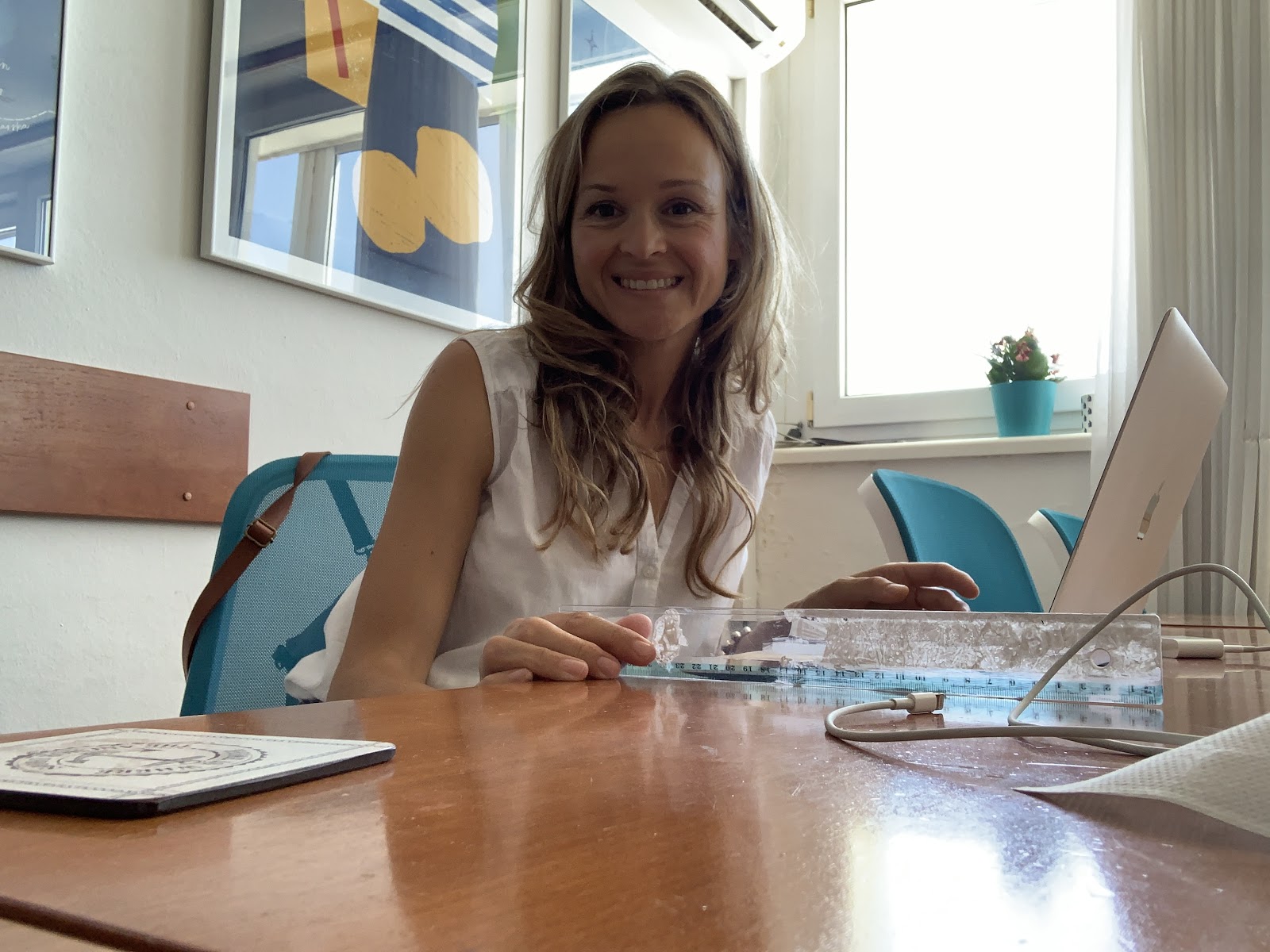
3. What is your impression of the way Croatia is dealing with the crisis? How safe do you feel?
Very safe regarding health matters.
Not so much regarding the coming economic and in turn social implications.
For the social – human responses to fear and lack – and domestic violence – already rampant in any society, is a real concern. I do not feel confident in Croatia in this aspect – policy-wise. Perhaps through EU directives. And of course, some incredible NGOs.
The private sector has really impressed me for standing up and having a unified, strong voice. Based on this instance, I am hopeful there are mega positive changes coming, while also staying realistic. I expect the default Croatian ‘negativity’, ‘favours’ and perception of ‘obstacles’ will prevail.
Even with the new 2 people convening rule, Croatia will remain: “2 people, 3 political parties”. For some time. At least it will be more digital. And this strength will finally be recognised over sun and sea.
4. Now compare that to your home country and how they are handling it. What is Croatia doing better/worse?
It’s difficult to compare, as it’s two very different systems. In some regards, Flintstone vs Jetsons for public services, a culture of calling people out and narratives of the nation. Plus Australia is geographically isolated and Croatia is next to the original European epicentre, Italy. Still, some things stand out.
PANIC BUYING
(I answered this before getting the bonus question).
Australia had a very recent shock to their system – apocalyptic bushfires. This disrupted supply chains and business sectors, particularly tourism. So the panic buying isn’t a total surprise, given the timing.
Croatians (where I am) seem to only have sold out of flour, salt and yeast. Though, I heard the local butcher has now closed. Buying power, ie financial means, is a factor here, too.
In my hometown of Canberra, which is an affluent ‘bubble’, stock in the the fish market was fine, but a lot of other places and shelves were empty.
Overall in Australia I’m happy to read “even the ugly fruit is selling”. Again, hope for better policy and consumer behaviour around local and seasonal supply. Everywhere.
I think food supply is on a lot of people’s minds.
SHUTDOWNS
In Australia, the hospitality sector shutdown and stay home instruction seemed to happen overnight, whereas I felt Croatians saw it coming. I recall knowing a few days ahead cafes, etc would close. This was probably the biggest shock to the system in Australia. Bondi beach on Sunday. Stay home Monday.
Remote work and digital schooling options are also more prolific in Australia. This wasn’t the case in Croatia. Plus there is an over-reliance on tourism here. (Duh).
It’s certainly a wakeup call to diversify in Croatia and make use of competitive advantages among which are the excellent robotics, AI and tech capabilities. Ideal for a newly remote working world.
BUSINESS IMPACT and INFORMATION
There is probably more protection for Australian businesses than here – and business owners aren’t putting all their energies into fighting for their rights on top of re-strategising.
Access to information online is also better in Australia. COVID19 updates have been good in Croatia. For other services, it really shows the system here was not prepared. At all. Phone calls (to unanswered hotlines) and emailing requests is very, very archaic – especially for an EU member state with an international tourist audience.
I sent an email on behalf of someone – and it bounced. The address didn’t even exist. I forwarded it and not even a reply. Pretty sure there are plenty of professional service companies here who could fix this (and build a better solution).
It’s really not acceptable. If this is a sign of things to come, the country will really lag behind.
EMERGENCY RESPONSE
Natural disasters aren’t new to Australia, so there are often emergency rescue measures ready to deploy. From technology, personnel to financial stimuli. I would say they are better organised to react and communicate – but on COVID19, I would say too slow and complacent – initially. This is changing. The gravity of the situation has sunk in. Again, different timelines – even for countries.
For the record, I would feel just as safe health-wise in Australia. Especially my hometown.
OTHER POINTS:
Working from home:
-
The Australian government saw lockdown coming and bought a lot of laptops. Croatia probably bought more paper and ink.
Social Distancing:
-
Probably the same response level:
-
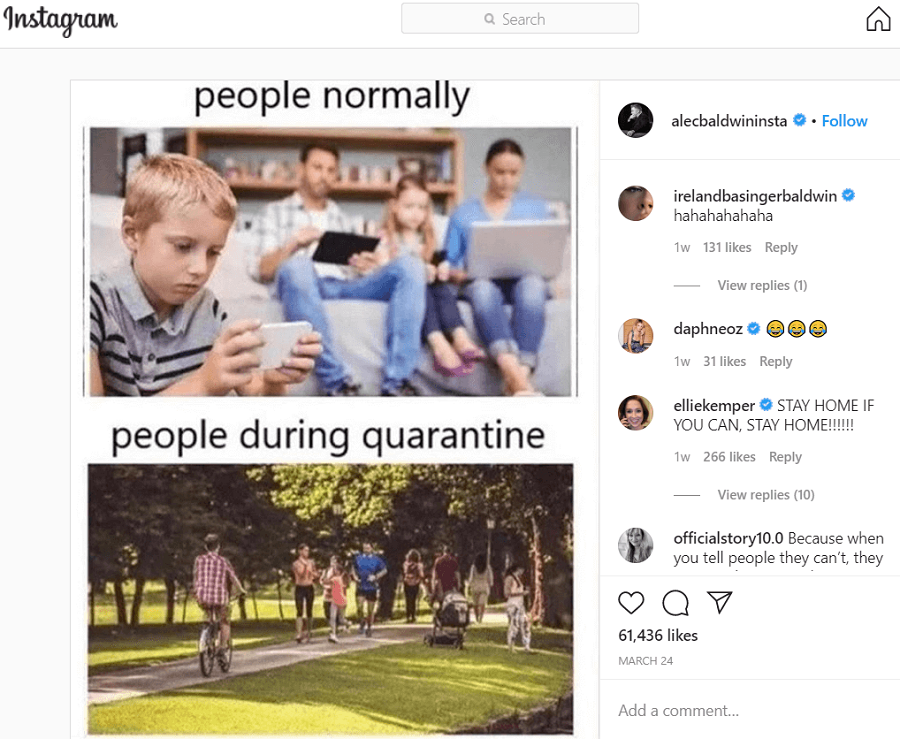
-
Croatia wins on… Resourcefulness. Australia on Sense of Entitlement.
-
The resourcefulness and ingenuity of students and sectors here is impressive. Australians – some – bemoan inconveniences and the loss of ‘luxuries’ not available to most people around the world. While winter is the period to watch, I expect countries like Australia to be among the first to bounce back. Croatia, I’m not so sure. And I’m an optimist!
5. What about official communications from the authorities, compared to your home country?
I think the crisis communications here have been delivered as best they can. I know I’m a fan of Vili – and certainly feel better with my health instructions coming from a brain surgeon rather than a career politician. His language is very team-minded. He jokes. He keeps cool.
Australia on the other hand… While the channels are there and resources at hand to deliver them are top notch, there was already a lack of confidence in the guy delivering the message. The mixed-messaging at times also isn’t helpful.
Things feel more settled now, from what I read, and from speaking to people there.
It is a tiring thing to face the public in a crisis, so cutting people slack is also needed. Compassion.
6. What’s the one thing you wish you had taken with you into self-isolation.
Am I meant to say more toilet paper…?
My family.
7. One thing you have learned about yourself, and one thing you have learned about others during this crisis.
We either respond with courage and poise or out of fear and lack. Not always immediately, which is human, but it is always our choice. This choice is the one thing we can control.
ABOUT ME:
I’m currently “farm desking” in a Dalmatian village where I see more sheep than people. I’m a dual citizen of Australia and Croatia. This means I have enough toilet paper and alcohol, but now no yeast to make donuts.
As you know, I’m a TCN contributor and collaborator on remote work and digital nomads.
I’m ready for the world to get all medieval again – except with women’s rights this time. And the internet.
I do a few things:
-
Advocate for remote work and digital nomads.
-
Communications and international/EU grant programs.
-
Projects bringing tech into Ag. For growers, supply chains, sustainability, etc.
I have NOT panic-bought 6 months worth of toilet paper.
You can connect with me via LinkedIn or my website tanjapolegubic.com.
Thanks, Tanja, stay safe and see you on the other side.
TCN is starting a new feature series on foreign experiences of sitting out COVID-19 here in Croatia compared to their home country. If you would like to contribute, the questions are below. Please also include a para about yourself and where you are from, and a link to your website if you would like. Please also send 3-4 photos minimum to news@total-croatia-news.com Subject Corona Foreigner
If you would be interested to record a video version for our partners www.rplus.video please let us know in the email. Thanks and stay safe.
Foreigners Self-Isolating in Croatia: Do You Feel Safer Than in Your Home Country?
Firstly, how are you? Are you alone/with someone? Tell us a little about your situation and sanity levels.
What do you think about the economic measures the government is taking, are they helping your business? (PLEASE IGNORE IF THIS DOES NOT AFFECT YOU)
When did you realise that corona was going to be a big issue?
What is your impression of the way Croatia is dealing with the crisis? How safe do you feel?
Now compare that to your home country and how they are handling it. What is Croatia doing better/worse?
What about official communications from the authorities, compared to your home country?
What’s the one thing you wish you had taken with you into self-isolation.
One thing you have learned about yourself, and one thing you have learned about others during this crisis.
TCN has recently become a partner in Robert Tomic Zuber’s new R+ video channel, initially telling stories about corona experiences. You can see the first TCN contribution from this morning, my video from Jelsa talking about the realities of running a news portal in the corona era below. If you would like to also submit a video interview, please find Robert’s guidelines below
VIDEO RECORDING GUIDE
The video footage should be recorded so that the cell phone is turned horizontally (landscape mode).
There are several rules for television and video news:- length is not a virtue- a picture speaks more than a thousand words
In short, this would mean that your story should not last more than 90 seconds and that everything you say in the report should be shown by video (for example, if you talk about empty streets, we should see those empty streets, etc.).
How to do it with your cell phone? First, use a selfie camera to record yourself telling your story for about a minute and a half. Ideally, it would be taken in the exterior, except in situations where you are reporting on things in the interior (quarantine, hospital, self-isolation, etc.). Also, when shooting, move freely, make sure everything is not static.
After you have recorded your report, you should capture footage that will tell your story with a picture, such as an earlier example with empty streets.
One of the basic rules of TV journalism is that the story is told in the same way as a journalist with his text. Therefore, we ask you for additional effort. Because we work in a very specific situation, sometimes you may not be able to capture footage for each sentence of the report. In this case, record the details on the streets: people walking, the main features of the city where you live, inscriptions on the windows related to the virus, etc.
The same rules apply if you are shooting a story from your apartment, self-isolation, quarantine. We also need you to capture footage that describes your story.
When shooting frames to cover your reports, it is important that you change the angle of the shot (in other words, shoot that empty street from several angles). Also, when shooting a detail, count at least five seconds before removing the camera to another detail.
The material should be about 5 minutes long (90 seconds of your report + frames to cover your story).
After recording everything, send us to Zagreb, preferably via WeTransfer to rplus.video@gmail.com

